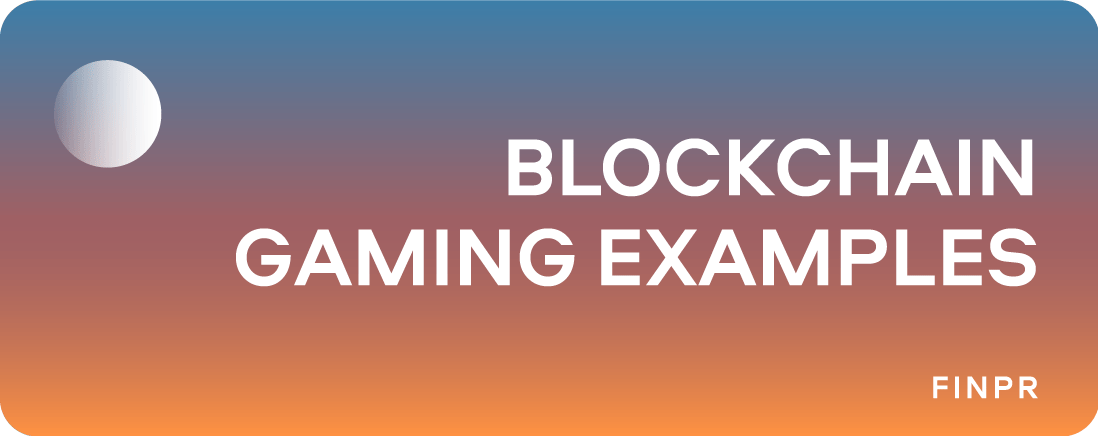Bodrum Escapes: Your Guide to Luxury and Leisure
Explore the best of Bodrum with exclusive insights and tips for an unforgettable experience.
Game On with Blockchain: Where Tampering Takes a Backseat
Unlock the future of gaming with blockchain! Discover how tampering takes a backseat and enjoy a fair gaming experience. Game on!
How Blockchain is Revolutionizing Game Integrity: A Deep Dive
The advent of blockchain technology has positively impacted various sectors, and gaming is no exception. By introducing a trustless and transparent system, blockchain ensures that every in-game transaction is immutable and verifiable. This means that players can confidently engage with virtual assets, knowing that their ownership is secure and that the game's mechanics cannot be manipulated. With traditional gaming systems often susceptible to cheating and fraud, blockchain offers a revolutionary solution, providing a decentralized ledger where every action is recorded and accessible to all participants.
Moreover, the integration of blockchain not only enhances integrity but also fosters a sense of community among gamers. Player-owned economies can emerge, where individuals can buy, sell, and trade in-game assets with real-world value. This democratization of digital assets leads to a more engaging gaming experience, as players have a real stake in their virtual environments. As developers increasingly adopt blockchain, the gaming landscape is set to transform, ensuring fair play and empowering gamers like never before.

Counter-Strike is a highly popular first-person shooter game that has captivated players worldwide since its inception. Known for its intense gameplay and strategic team mechanics, players can choose to play as terrorists or counter-terrorists in various game modes. To enhance your gaming experience, you might want to check out the bc.game promo code, which can provide exciting bonuses and rewards.
The Role of Smart Contracts in Preventing Game Tampering
Smart contracts play a pivotal role in preventing game tampering by leveraging blockchain technology to provide transparent and immutable game rules. By embedding these rules within a decentralized network, developers can ensure that once a game is launched, its underlying code cannot be altered by unauthorized entities. This creates a fair play environment where all participants can trust that the game's mechanics are consistent and unchangeable. For example, a smart contract can automatically verify the authenticity of in-game assets, ensuring that items and currencies are not duplicated or manipulated, which is a common issue in traditional gaming systems.
In addition, the use of smart contracts enhances player accountability, as actions taken within the game are recorded on the blockchain, creating an auditable trail. This transparency not only discourages cheating but also fosters a sense of community trust. Players are more likely to invest their time and resources in a game where they can be assured of integrity and fairness. According to research, incorporating smart contracts in gaming ecosystems significantly reduces incidents of fraud and enhances user engagement, ultimately contributing to a healthier gaming environment.
Can Blockchain Ensure Fair Play in Online Gaming?
The advent of blockchain technology has sparked significant interest in various industries, and online gaming is no exception. One of the primary concerns in online gaming environments is the issue of fairness and transparency. By utilizing blockchain, gaming developers can create immutable records of all transactions, ensuring that every player has access to the same data. This means that players can verify the legitimacy of in-game purchases, bets, and rewards, significantly reducing the chances of fraud and manipulation. As a result, blockchain can foster a sense of trust among players, as they can independently confirm that no one is receiving unfair advantages.
Moreover, blockchain can facilitate the creation of decentralized gaming platforms, where players have more control over their in-game assets. Unlike traditional gaming models, where developers retain ownership of virtual goods, blockchain allows players to truly own their items through non-fungible tokens (NFTs). This level of ownership can prevent unfair practices, such as restricting the transfer or trade of items, contributing to a more equitable gaming experience. In conclusion, by integrating blockchain into online gaming, developers can promote fair play and enhance player satisfaction, paving the way for a more transparent and trustworthy gaming ecosystem.